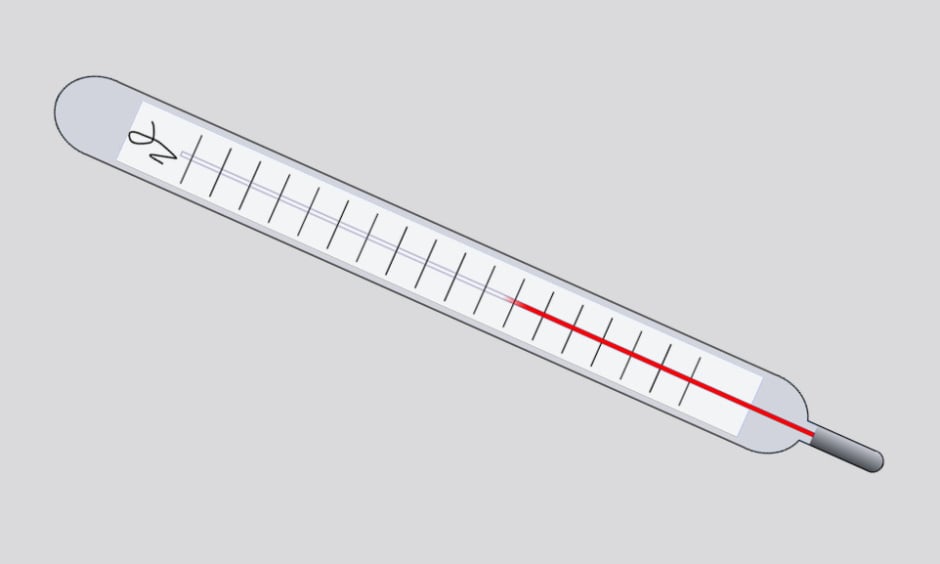NEW treatments that enhance the body’s ability to fight infections, wounds, and tumours could be created following research from the Universities of Warwick and Manchester, UK. The team discovered that increases in body temperatures speed up the cellular clock that controls the response to infections and identified a protein essential in this process.
Effect of Temperature Changes
Nuclear Factor kappa B (NF-κB) proteins were found to be activated by inflammatory signals, which initiates the cellular clock process whereby these proteins move backwards and forwards into and out of the cell nucleus and switch genes on and off; this allows cells to respond to a tumour, wound, or infection. The team showed this process was slowed down at a low body temperature of 34°C and sped up when higher than the normal temperature of 37°C, such as 40°C during fever.
Further investigation revealed that although many NF-κB controlled genes were not affected by temperature changes, a key group of genes that can amend cell responses, including inflammatory regulators and controllers of cell communication, had altered profiles at the different temperatures.
A20 Protein
They then tested the effect of removing a protein called A20, essential for avoiding inflammatory disease, on the speed of the cellular clock during temperature rises. This removal led to the NF-κB clock losing its sensitivity to temperature increases.
Biological Insights
The study has increased our biological knowledge, in particular how low body temperatures increase the likelihood of a number of conditions. For example, this may help explain why lower temperatures during sleep increases the risk of inflammatory disease in people undertaking shift work or have jet lag or sleep disorders. Additionally, the research indicates that targeting the A20 protein to more precisely change the inflammatory response could be an area for new drug development.
Prof Mike White, University of Manchester, commented: “We have known for some time that influenza and cold epidemics tend to be worse in the winter when temperatures are cooler. Also, mice living at higher temperatures suffer less from inflammation and cancer. These changes may now be explained by altered immune responses at different temperatures.”
James Coker, Reporter
For the source and further information about the study, click here.






